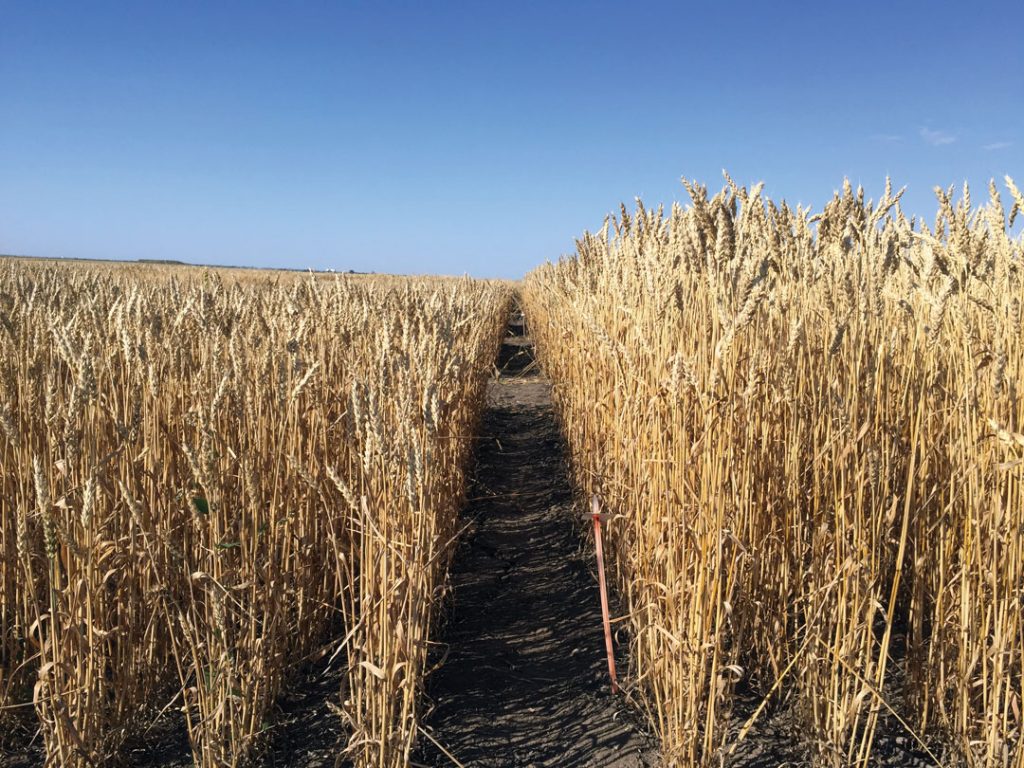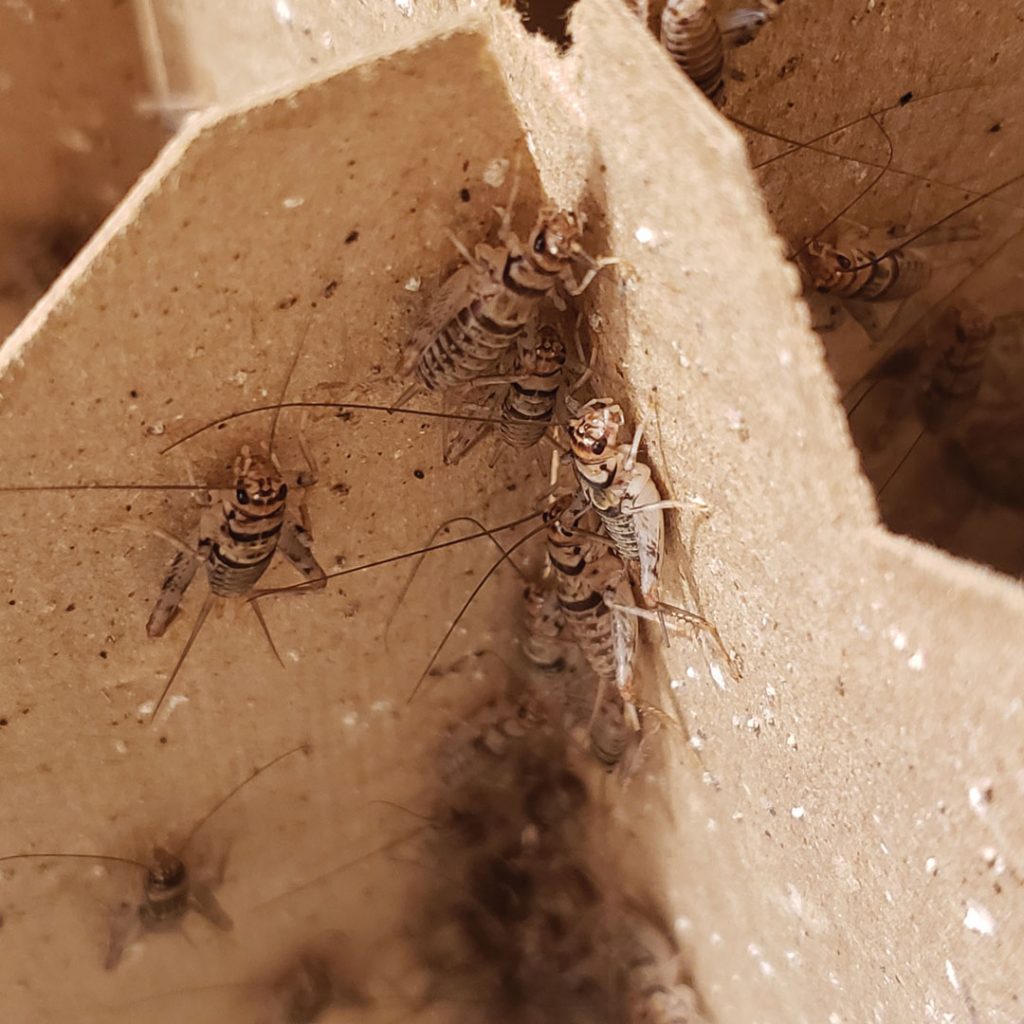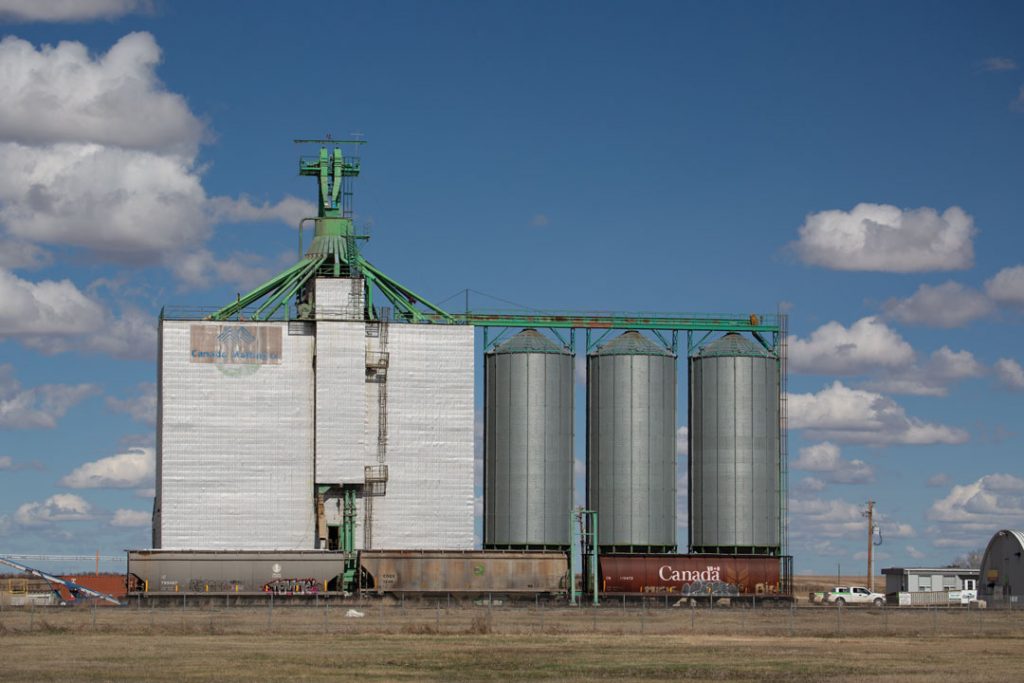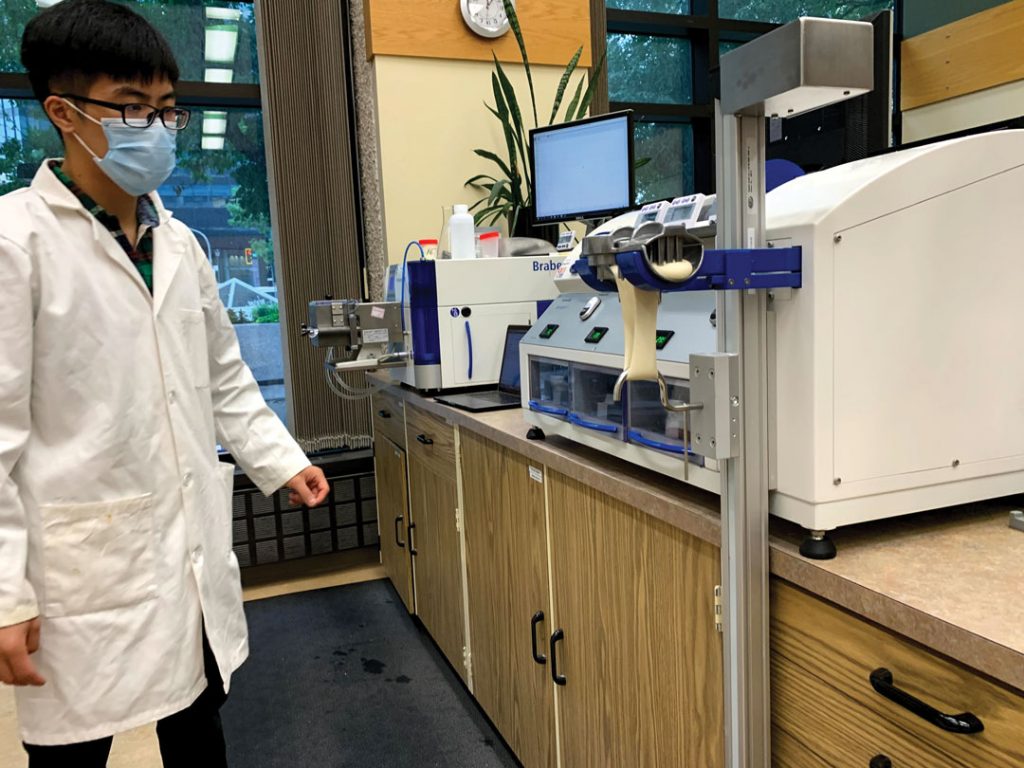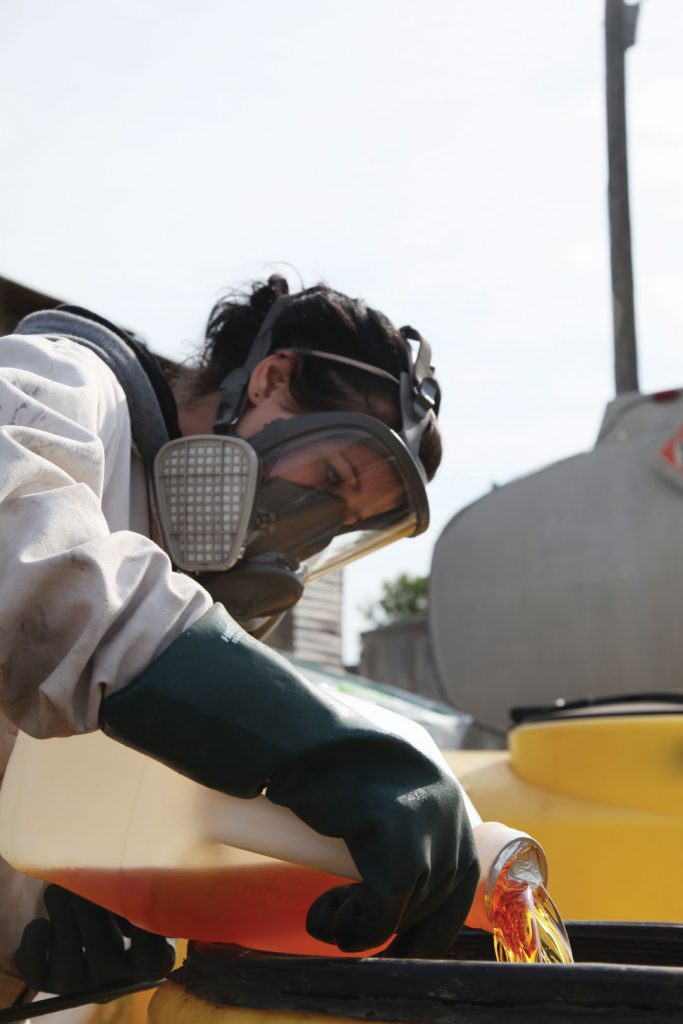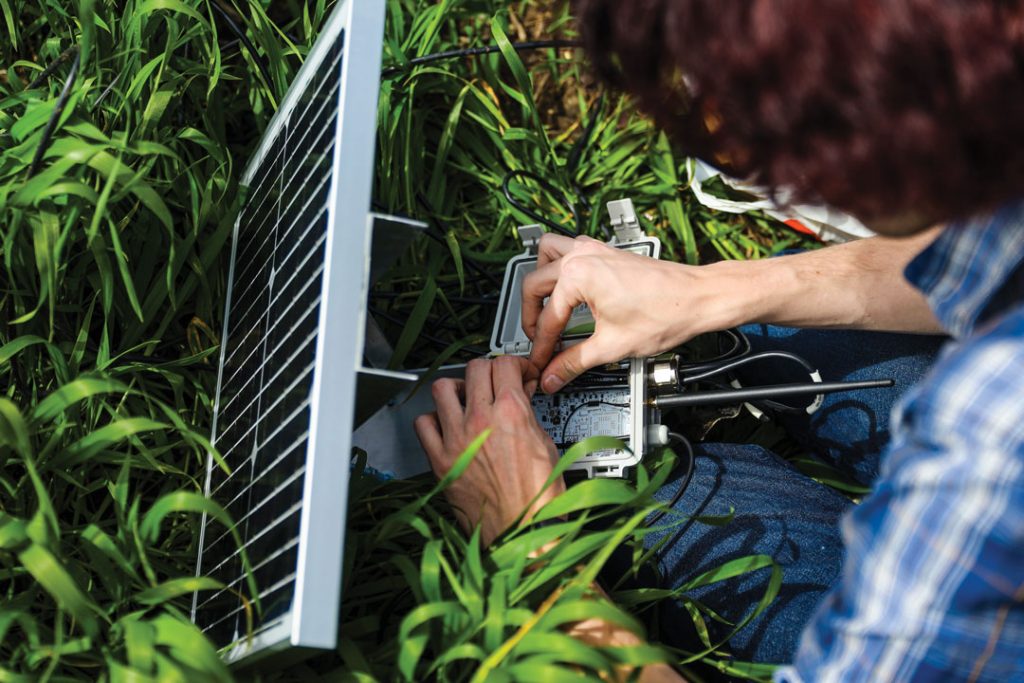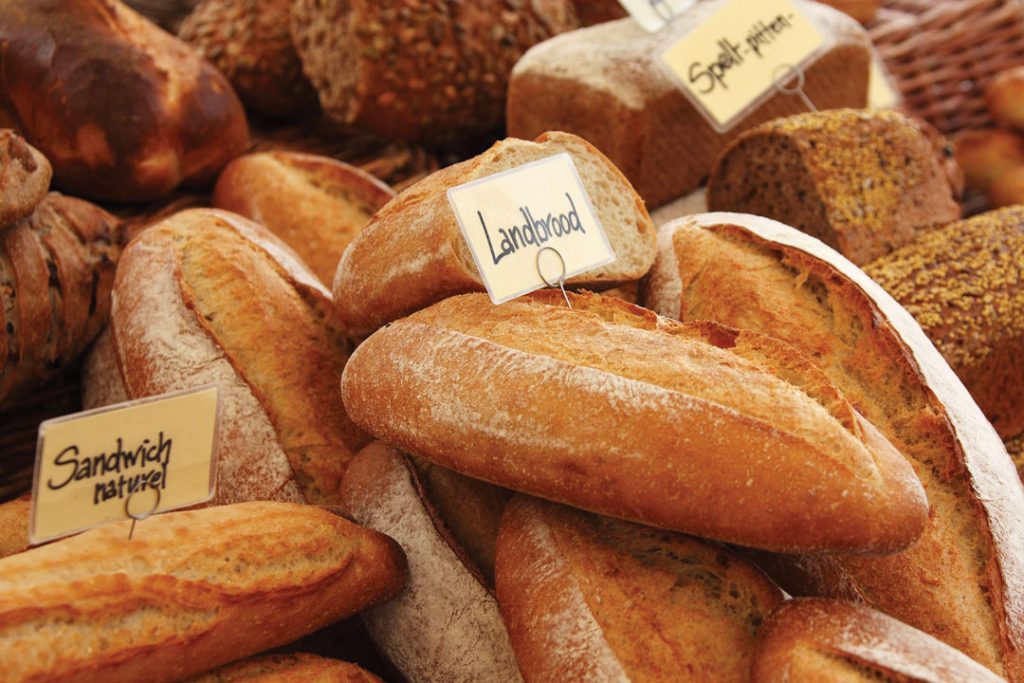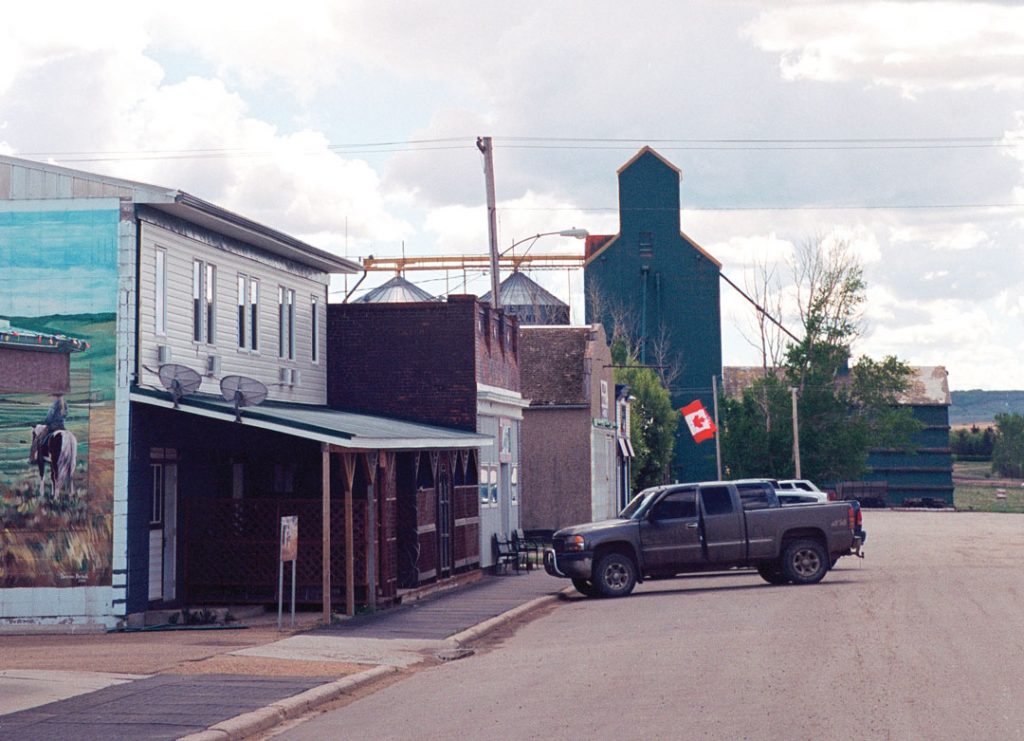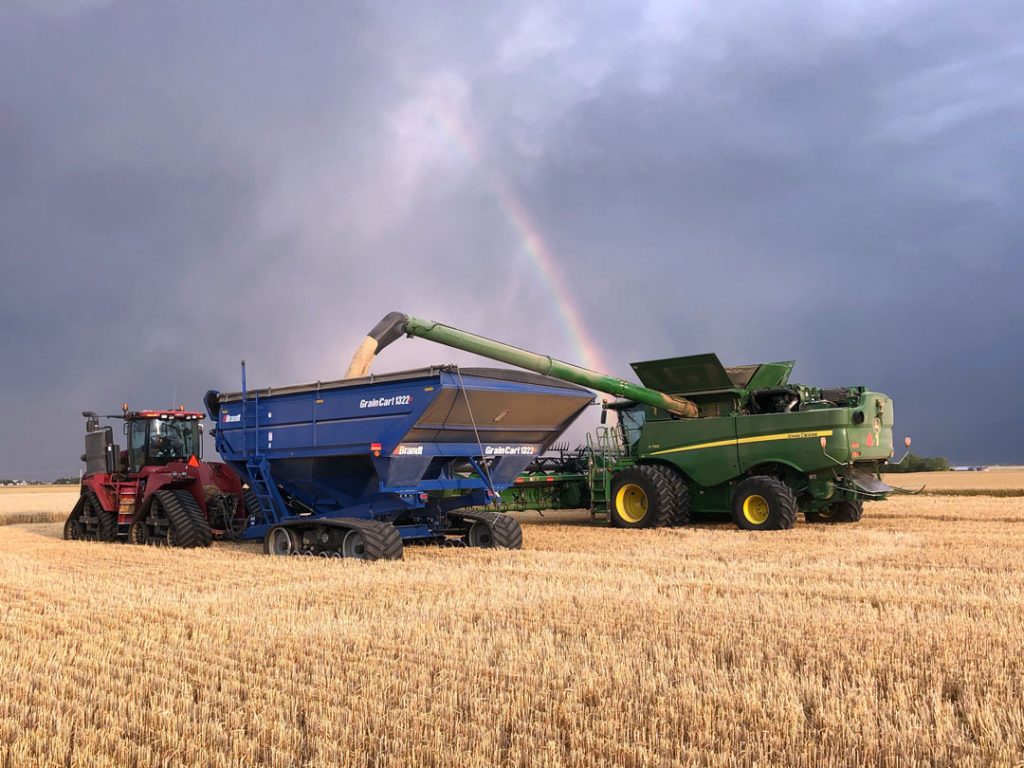GENETIC ADVANCES MULTIPLY
Two research projects funded by the Alberta Wheat Commission (AWC) have made significant advances in cereal crop genetics. Overseen by Pierre Hucl of the Crop Development Centre (CDC) at the University of Saskatchewan, the first of these examined the viability of a new dwarfing gene in bread wheat. Secondly, Nora Foroud of Agriculture and Agri-Food Canada (AAFC) developed new wheat and barley lines with improved resistance to Fusarium head blight (FHB).




